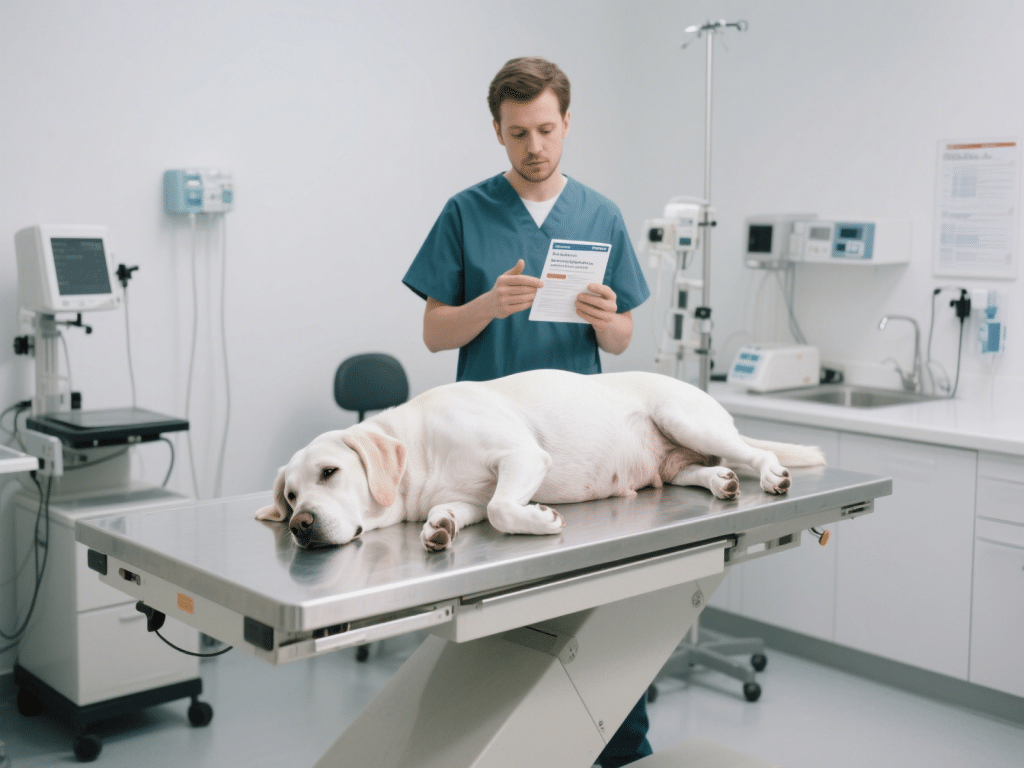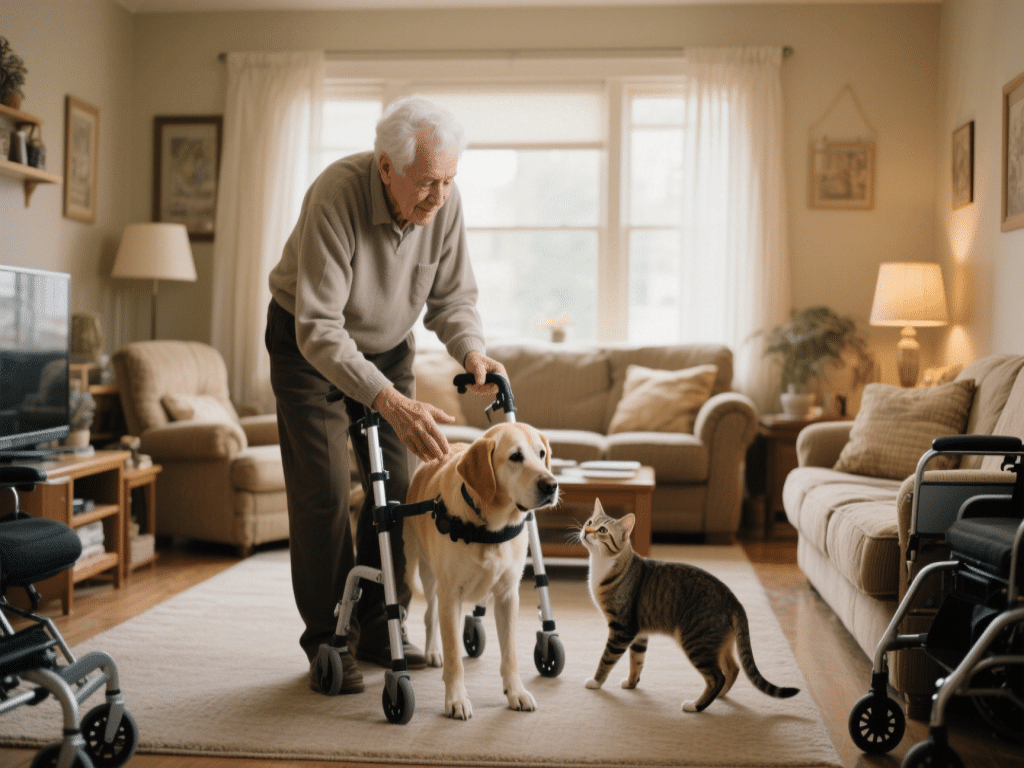Understanding Canine Cognitive Dysfunction: Signs and Support
As dogs age, they may experience cognitive decline similar to dementia in humans, known as Canine Cognitive Dysfunction (CCD). CCD affects memory, awareness, and behavior, impacting your dog’s quality of life. Early recognition and supportive care can make a significant difference.
What Is Canine Cognitive Dysfunction?
CCD is a progressive neurological condition affecting senior dogs, typically over 7 years old. It impairs brain function, leading to confusion, disorientation, and changes in behavior. While there’s no cure, proper management can slow progression and improve comfort.
Common Signs of CCD
Disorientation or confusion (getting stuck in corners)
Altered sleep-wake cycles (restless at night)
Decreased interaction or social withdrawal
Loss of housetraining skills
Repetitive behaviors (pacing, circling)
Anxiety or increased irritability
Reduced response to commands or familiar stimuli
How to Support a Dog with CCD
1. Veterinary Assessment
Consult your vet for diagnosis and to rule out other health issues like arthritis or vision loss.
2. Environmental Enrichment
Maintain a consistent routine
Provide mental stimulation with puzzle toys and training
Use familiar scents and bedding to comfort your dog
3. Diet and Supplements
Diets rich in antioxidants and omega-3 fatty acids may support brain health
Discuss supplements like SAM-e or vitamins with your vet
4. Medications
In some cases, vets may prescribe drugs to improve cognitive function or reduce anxiety.
5. Physical Exercise
Regular gentle exercise supports circulation and mental alertness.
Creating a Safe Environment
Avoid moving furniture to help your dog navigate easily
Use night lights to reduce confusion in dark areas
Prevent access to stairs or hazards if mobility declines
Conclusion
While canine cognitive dysfunction can be challenging, understanding the signs and offering compassionate support helps your senior dog live comfortably. Early intervention and a loving environment make all the difference in their golden years.
RECOMMENDED NEWS

Veterinarian Tips: Deworming Pregnant Dogs Safely
2026-02-26

Tips for Introducing a New Puppy into a Home with Cats
2026-03-01

Understanding Feline Diabetes: Symptoms, Diet, and Treatment
2026-02-26

Senior Pet Care: Special Considerations for Older Cats and Dogs
2026-03-01

Eco-Friendly Cat Litter Alternatives You Need to Know
2026-02-27

How to Maintain a Clean Home with Pets: Practical Tips and Proven Tricks
2026-02-27
Comments on "Understanding Canine Cognitive Dysfunction: Signs and Support" :